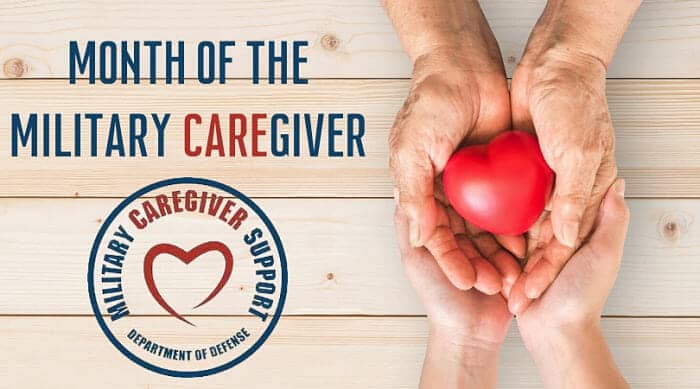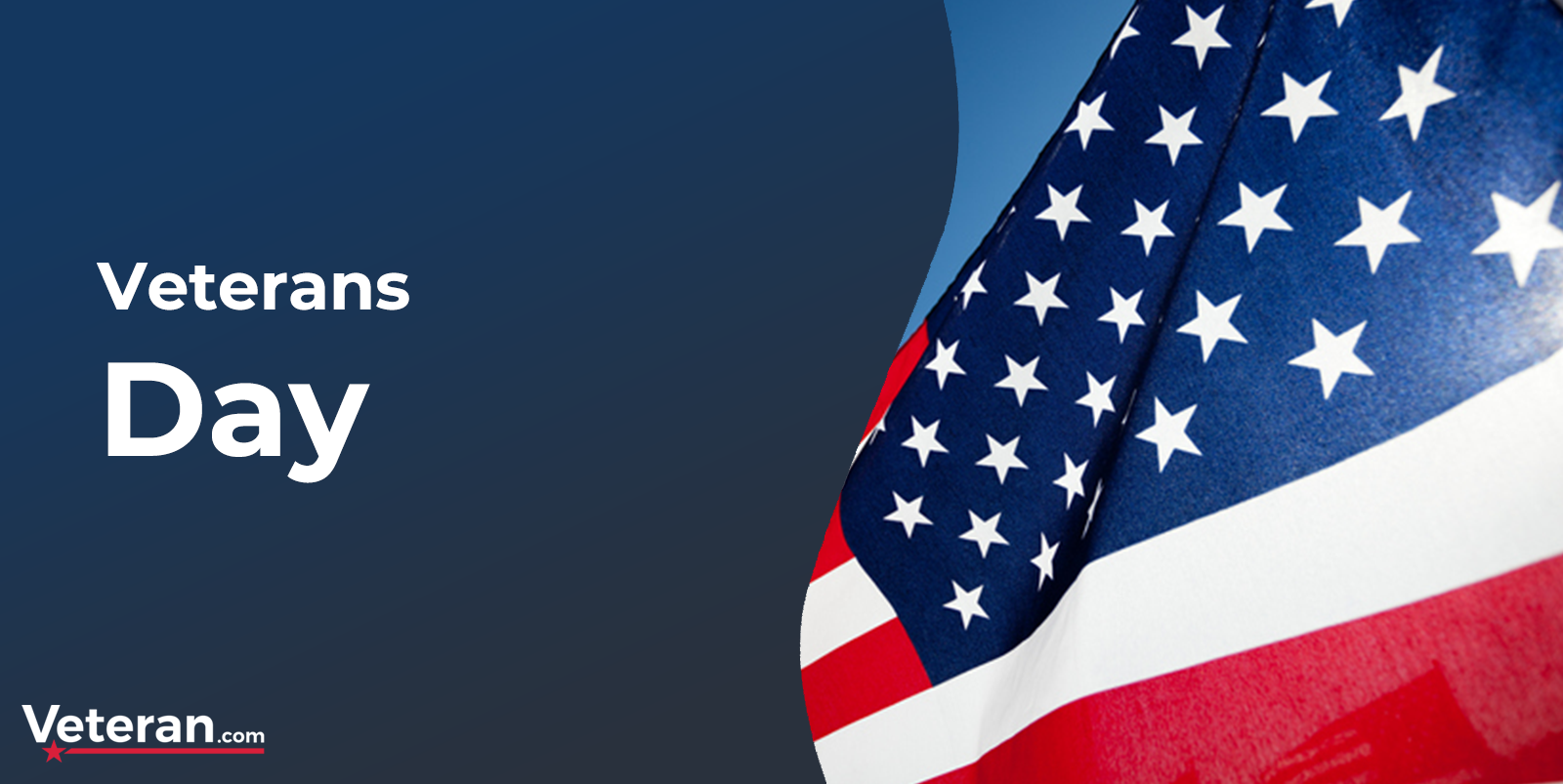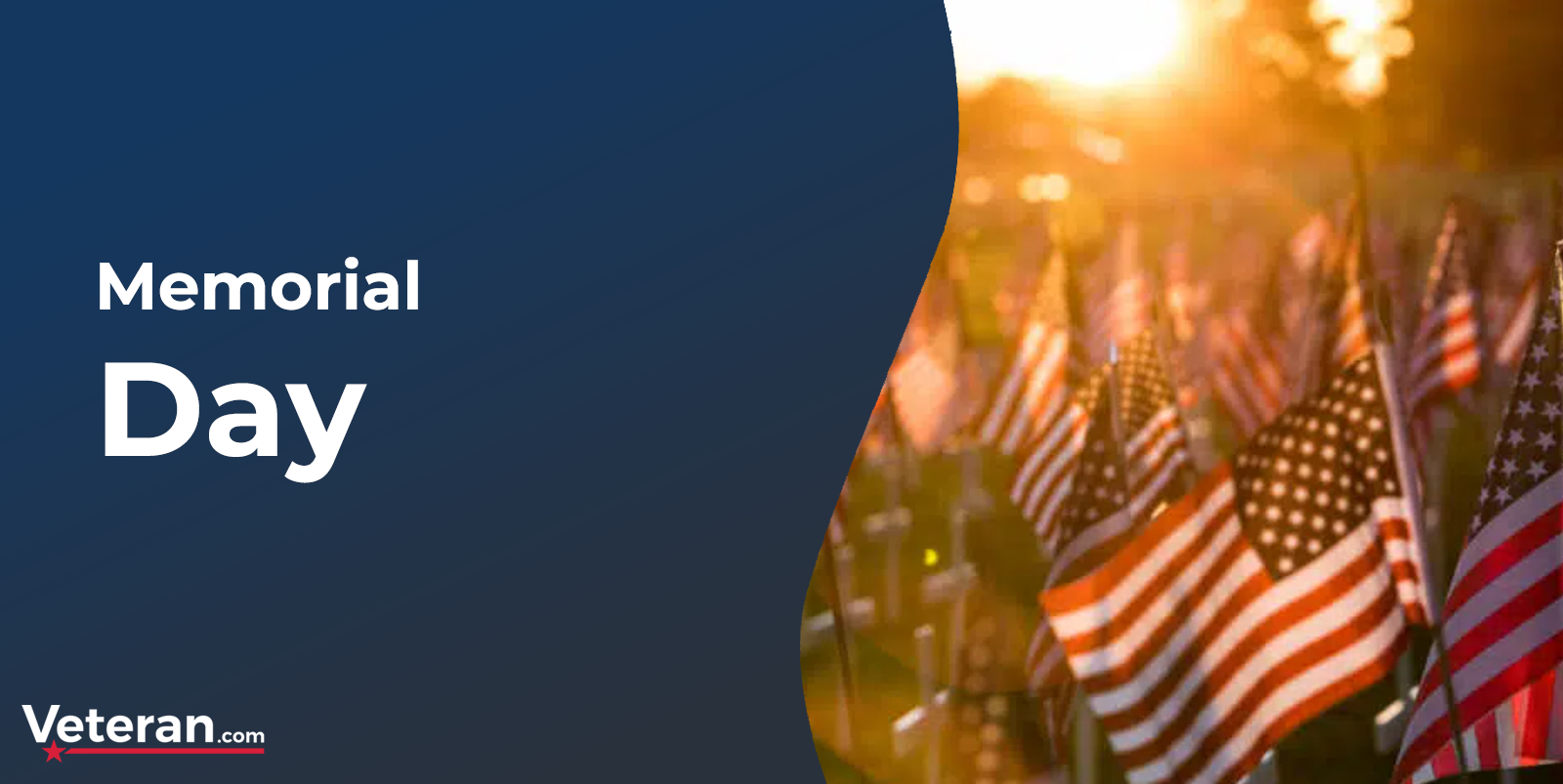Month of the Military Caregiver
Updated: May 31, 2023
The Month of the Military Caregiver is observed in May each year to honor more than five million caregivers in the United States. It will next be celebrated in May 2024.
Paying tribute to the people who care for more than two million veterans is an important part of supporting troops and military families. But for some, it’s also about recognizing the work they do that qualifies them as caregivers even if they don’t think of themselves that way.
A Rand Corporation report on military caregivers reflects this sentiment. “Those caregivers often toil in relative obscurity, and they are challenging to count or describe.”
They are spouses, parents, children, and relatives of the wounded veteran, but many coworkers, neighbors, and friends also take on responsibilities. They provide care and assistance, promoting faster recovery for their loved ones and thus saving our nation millions of dollars in health care costs.
Month Of The Military Caregiver: What Is It?
Unlike some other military-themed observances, Month of the Military Caregiver is not a federal holiday, military bases do not give their contractors and military members time off, etc. It is an observance that primarily acts as a way to raise awareness of both wounded warriors and the people who care for them.
Much like observances such as Month of the Military Child, Asian-Pacific Heritage Month, and others, the activities and events during the observance remind us of the sacrifices others have made with and for our fellow Americans.
ADVERTISEMENT
Not To Be Confused With…
It is a good thing to pay respect to those who provide much needed care for wounded warriors, veterans with service-connected and non-service connected disabilities, etc. And that’s one reason why there are multiple observances each year for those who offer their time and effort to provide care.
Month of the Military Caregiver, which is observed in May, should not be confused with the equally important National Family Caregivers Month, which is observed in November.
During the Month of November, the Department of Veterans Affairs “takes time to honor and thank” the millions of family caregivers and those they serve. It is a very important time for these under-recognized people, and they deserve their own special recognition.
Month of the Military Caregiver and National Family Caregivers Month share the goal of raising awareness, sharing resources, and reminding us that this vital community needs support.
ADVERTISEMENT
Honoring Month Of The Military Caregiver
There may be no ticker-tape parades or major league sporting event half-time ceremonies dedicated to military caregivers, but there are plenty of ways to show your support for military caregivers in May and the rest of the year. One particularly helpful way to show support is to volunteer with the Department of Veterans Affairs, or by helping a caregiver in your circle of friends and family.
Assisting an existing military caregiver isn’t just about giving a few days of rest and time away from the daily responsibilities required; it’s also about morale of all involved and fostering a sense of community with the patients and care providers.
Even if you have no training in medical needs, you can make a difference for a caregiver since many tasks don’t require medical skills or training. Does a military caregiver you know need to grocery shop for their client? Drive the veteran to medical appointments or to the bank? Is meal prep needed?
There are many ways to help out and reduce the daily to-do list for someone who provides these critical services.
If you want to participate in the care of a veteran, no matter what level of training, available time, and awareness of the level of need in your community, it’s a very good idea to contact the Department of Veterans Affairs via the nearest field office or medical center near you to learn what volunteer opportunities may be available.
ADVERTISEMENT
Military Caregiver Statistics
Locating and counting military caregivers-especially for the purposes of offering support programs or other assistance-can be challenging, but knowing their tasks and the critical services they provide is well known.
According to the Department of Veterans Affairs, family caregivers spend over 24 hours a week providing care. Approximately 25% of these people will spend more than 40 hours each week providing care.
Military Caregiver Resources
There are plenty of government resources available for caregivers; you may not be one yourself at the time you read this, but knowing the needs and services available may be a source of motivation to get involved-the need is great, and every volunteer effort helps.
The VA Caregiver Support Line
The VA Caregiver Support Line is 1-855-260-3274, and is designed to help with resources, advice, and networking. All care providers are welcome to dial in to monthly telephone education groups, ask questions, and get help with self-care.
VA Peer Support Mentoring
Caregivers are invited to take part in the VA’s peer support mentoring outreach; you may take part as either a mentor or as someone in need of one. This kind of support generally lasts approximately six months, but there are one-time mentoring opportunities under this program, too. Communication between mentor and learner is facilitated by whatever method works best for all involved-you can discuss care giving issues by phone, email, even regular mail.
Caring For Seriously Injured Post-9/11 Veterans
Some VA caregiver support programs are open to all regardless of what era their clients have served in, but the VA Comprehensive Assistance for Family Caregivers program offers support for those providing care for veterans with serious injuries who have served on or after 9/11.
Through VA Comprehensive Assistance, the government provides approved caregivers support options including a monthly stipend, respite care, payment of approved travel expenses, health insurance, and mental health services.
Most Popular Holidays and Observances Articles

Federal & Training Holidays

Military Calendar – Holidays, Events, Observances

Veterans Day 2024

Memorial Day 2024































































